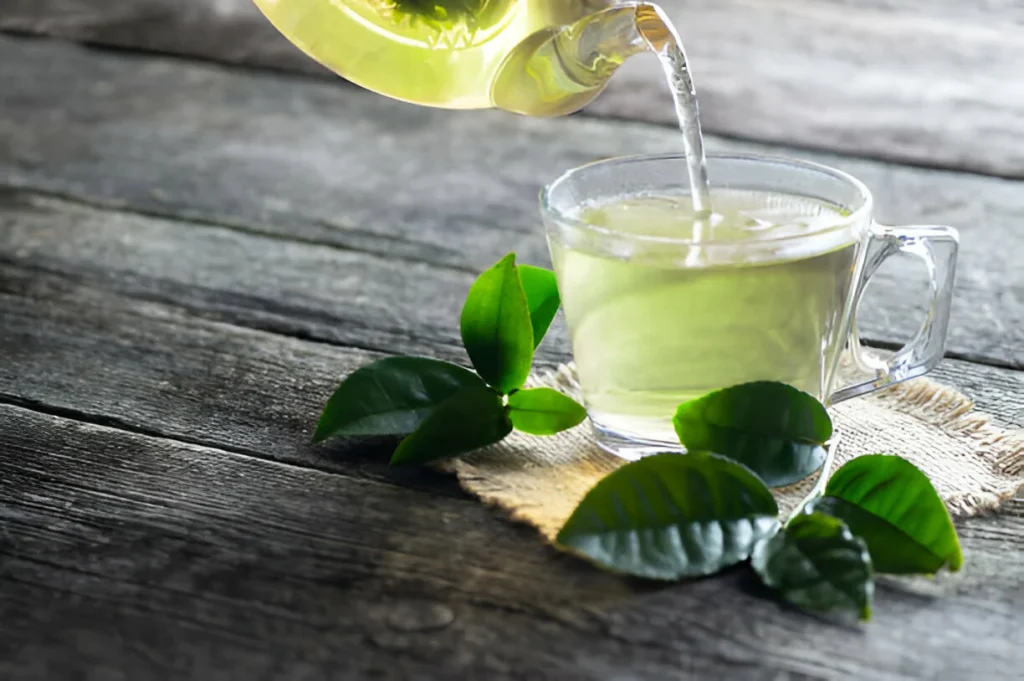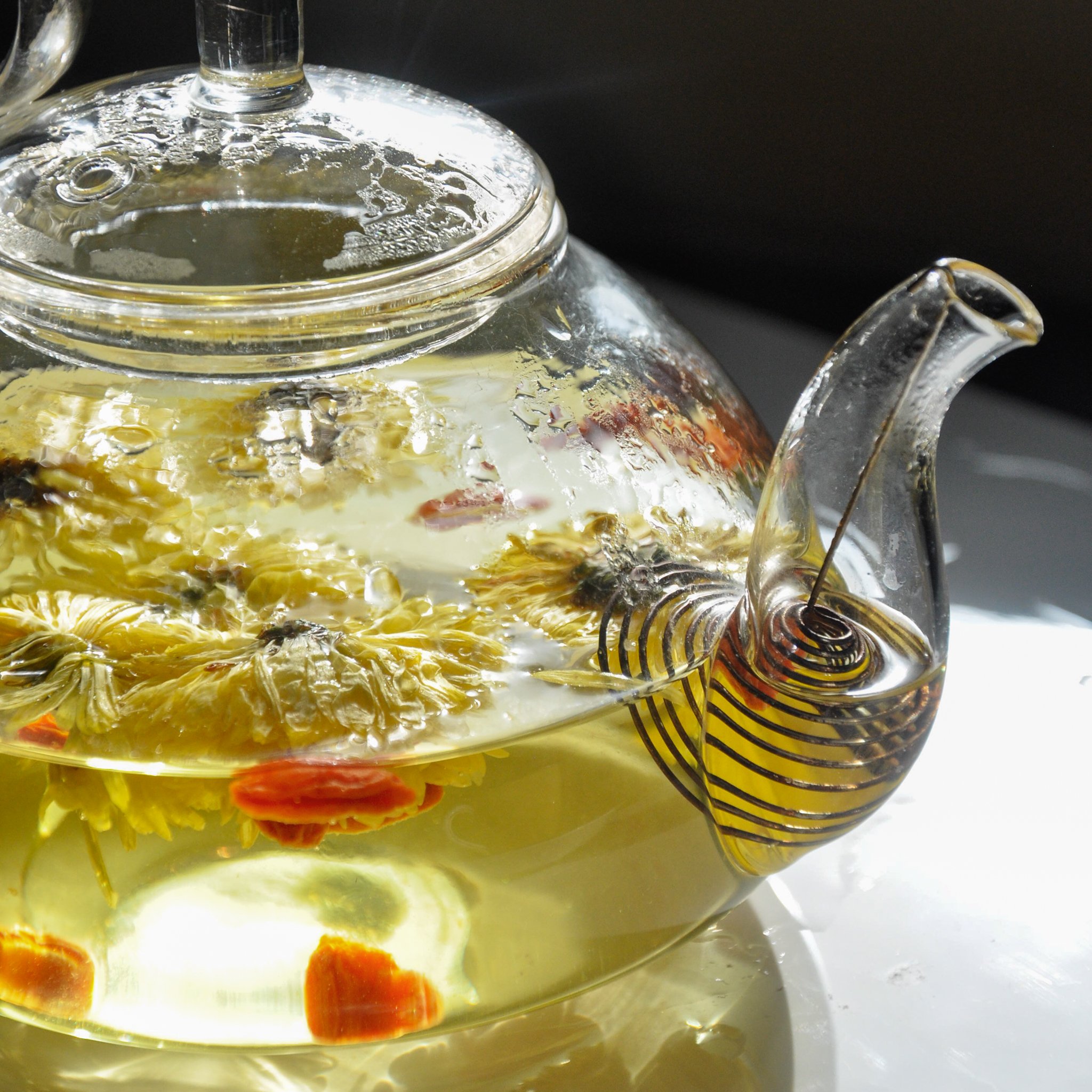Green tea has long been celebrated for its health benefits, particularly in reducing the risk of chronic diseases. A groundbreaking study by J. Jankun et al. (1997), published in Nature, sheds light on a key mechanism behind green tea’s potential to prevent cancer. The study identifies urokinase, a crucial enzyme in cancer progression, as a target inhibited by green tea compounds. This discovery underscores the beverage’s chemopreventive properties.
Urokinase: A Critical Factor in Cancer Growth
- Role of Urokinase in Cancer:
- Urokinase is an enzyme involved in breaking down the extracellular matrix, enabling cancer cells to invade surrounding tissues and metastasize.
- It plays a significant role in tumor growth, angiogenesis (formation of new blood vessels), and the spread of cancer to distant sites.
- Inhibition by Green Tea:
- Green tea contains epigallocatechin gallate (EGCG), a powerful polyphenol that binds to urokinase, reducing its activity.
- By inhibiting urokinase, EGCG disrupts critical processes required for tumor progression and metastasis.
Mechanisms of Cancer Prevention
- Antioxidant Properties:
- Green tea is rich in antioxidants that neutralize free radicals, which can damage DNA and lead to mutations that initiate cancer.
- Induction of Apoptosis:
- EGCG promotes programmed cell death (apoptosis) in cancer cells while sparing normal cells, aiding in the elimination of abnormal tissue.
- Anti-Angiogenic Effects:
- By suppressing urokinase and other growth factors, green tea inhibits the formation of new blood vessels that tumors need for growth and nutrient supply.
- Reduction of Inflammation:
- Chronic inflammation is a known risk factor for cancer. Green tea reduces inflammatory markers, creating an environment less conducive to cancer development.
Supporting Evidence from Studies
- Cancer Risk Reduction:
- Epidemiological studies link regular green tea consumption with a lower incidence of cancers, particularly in the breast, prostate, lung, and digestive tract.
- Synergistic Effects:
- Green tea works in synergy with other healthy dietary components, enhancing its protective effects against cancer.
- Preclinical Models:
- Animal studies have demonstrated that green tea extract reduces tumor size and delays cancer progression.
Practical Implications for Cancer Prevention
- Daily Consumption:
- Consuming 3–5 cups of green tea daily may provide sufficient levels of EGCG and other polyphenols to exert chemopreventive effects.
- Maximizing Benefits:
- Brew green tea properly to preserve its bioactive compounds. Avoid boiling water, as it can degrade catechins.
- Supplementation Caution:
- While green tea extract supplements are available, excessive intake may lead to adverse effects, such as liver toxicity. It’s best to consume green tea in its natural form.
Future Directions in Research
- Clinical Trials:
- Large-scale human trials are needed to confirm green tea’s cancer-preventive effects and determine optimal dosages.
- Targeted Therapies:
- The discovery of urokinase inhibition opens the door for developing targeted therapies based on green tea compounds.
- Combination Strategies:
- Combining green tea consumption with other lifestyle interventions, such as a healthy diet and regular exercise, could maximize its protective potential.
Conclusion: A Simple Step Toward Cancer Prevention
The study by Jankun et al. provides compelling evidence that drinking green tea could play a significant role in preventing cancer. By inhibiting urokinase and leveraging its antioxidant, anti-inflammatory, and anti-angiogenic properties, green tea emerges as a powerful natural ally in reducing cancer risk. Incorporating green tea into daily routines is a practical and accessible way to support overall health and protect against this devastating disease.
Jankun, J., Selman, S., Świercz, R., & Skrzypczak‐Jankun, E. (1997). Why drinking green tea could prevent cancer. Nature, 387, 561-561. https://doi.org/10.1038/42381.




